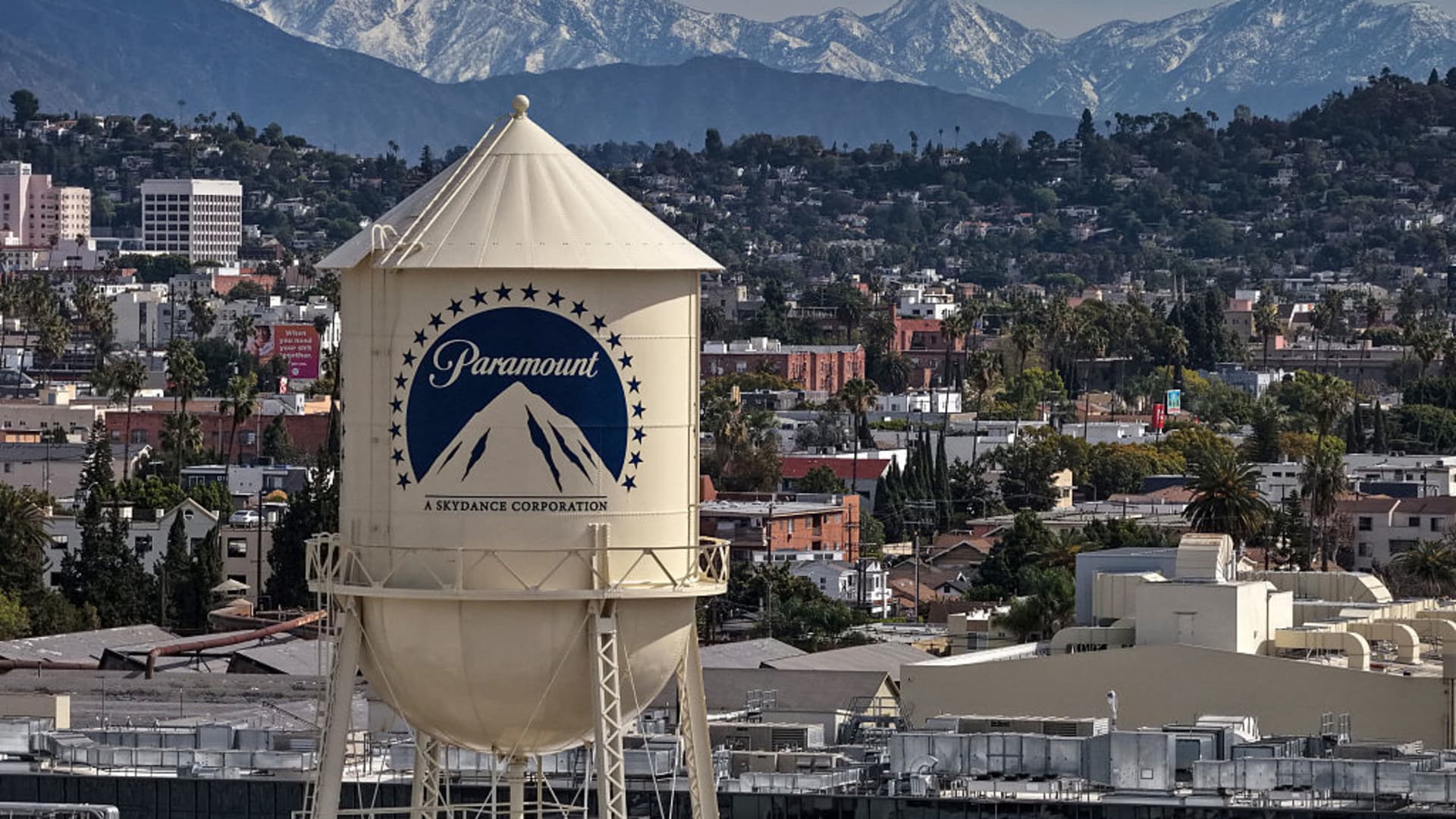Milestone Signals Shift from AI Pilots to Production Systems and Previews the Next Generation of CoCounsel Legal
TORONTO, Feb. 24, 2026 /PRNewswire/ — Thomson Reuters (TSX/Nasdaq: TRI), a global content and technology company, today announced one million professionals have chosen CoCounsel, the company’s professional-grade AI technology, across 107 countries and territories. The milestone reflects a broader transition underway across high-stakes industries including legal, risk, compliance, tax, accounting, audit and global trade professionals. AI is moving from experimentation to production. Rather than standalone tools, firms are embedding AI directly into daily workflows where accuracy, sourcing, and data protection are essential.
General-purpose AI can generate plausible answers. Regulated professionals, however, need AI that withstands review in courtrooms, audits, and regulatory proceedings.
These systems need to retrieve authoritative sources, verify citations, and apply jurisdiction-specific rules.
CoCounsel fulfills those requirements, powering intelligent capabilities across the company’s portfolio—including CoCounsel Legal, CoCounsel Tax and Audit, and ONESOURCE+. It integrates into the tools professionals already use, analyzes licensed content refined over 175 years, incorporates expert-developed validation logic, and delivers structured, citation-backed outputs. Customer data remains protected and is not repurposed to train third-party models. More than 4,500 Thomson Reuters subject matter experts contribute to the validation and continuous refinement of CoCounsel’s outputs across legal, tax, and compliance domains.
“Professionals are not deciding whether to use AI anymore. They are deciding which AI they trust when their reputation and their clients’ data are on the line,” said Steve Hasker, President and Chief Executive Officer, Thomson Reuters. “CoCounsel is built for moments when being almost right is not good enough. It is grounded in decades of authoritative content, validated by domain experts, and backed by a clear commitment that customer data remains theirs. That is why one million professionals rely on CoCounsel.”
“When the work matters, the AI must be professional grade. Professionals need systems that can complete sophisticated work within the standards they are accountable to every day. That’s the gap between CoCounsel and everything else,” added David Wong, Chief Product Officer, Thomson Reuters. “One million CoCounsel users across 100+ countries and territories reflects a shared global consensus.”
Built for Regulated Work
CoCounsel’s adoption reflects design decisions tailored to professional environments:
- Licensed, authoritative content. Outputs are grounded in editorially enhanced legal and tax sources, not scraped public data.
- Expert validation. Domain specialists shape workflow logic and quality standards in areas where errors carry consequences.
- Workflow integration. CoCounsel operates inside research, drafting, and compliance platforms enabling task execution within established professional systems.
- Data boundaries by design. Thomson Reuters does not repurpose customer inputs to train third-party models or generate outputs for other users.
- Multi-model architecture with governance. Thomson Reuters works with leading frontier models, including Anthropic’s Claude, OpenAI‘s GPT and Google’s Gemini, alongside proprietary AI technology and structured datasets to maintain performance control and system-level oversight.
From Tool to Execution Layer
In legal, tax, audit, and compliance workflows, AI must retrieve relevant authority, analyze structured and unstructured information, apply jurisdictional rules, and generate outputs that stand under review. That requires vertically integrated systems.
CoCounsel functions as an execution layer embedded within professional platforms, combining foundation models, proprietary AI engineering, proprietary content, and domain expertise to complete multi-step workflows end to end.
The next generation of CoCounsel Legal, entering beta soon, is designed around conversational task execution. Soon, legal professionals within law firms and corporations, will be able to describe an objective as they would brief a colleague. CoCounsel will build a plan, retrieve authority from Westlaw and Practical Law, search relevant user documents and precedent, analyze the material, verify that citations remain in good law, and deliver structured work product within a single system. Additional next-generation capabilities within CoCounsel Tax and ONESOURCE+ are planned for later in 2026.
As AI becomes embedded in professional systems, the defining question is not how quickly it can produce text, but whether it can support work that carries legal or financial consequences.
With one million professionals relying on CoCounsel, Thomson Reuters is not participating in the AI race. It is defining how AI operates in the world’s highest-stakes work.
About Thomson Reuters
Thomson Reuters (TSX/Nasdaq: TRI) informs the way forward by bringing together the trusted content and technology that people and organizations need to make the right decisions. The company serves professionals across legal, tax, audit, accounting, compliance, government, and media. Its products combine highly specialized software and insights to empower professionals with the data, intelligence, and solutions needed to make informed decisions, and to help institutions in their pursuit of justice, truth, and transparency. Reuters, part of Thomson Reuters, is a world-leading provider of trusted journalism and news.
For more information, visit thomsonreuters.com/cocounsel.
Media contact
Ali Hughes, Director, Technology and Innovation Communications
Ali.Hughes@tr.com
Notes to Editors
- Product scope: CoCounsel is the AI technology underpinning generative and agentic capabilities across Thomson Reuters legal, tax, accounting, audit, risk, compliance, and corporate solutions.
- Recent product update: Over the past year, Thomson Reuters has launched dozens of CoCounsel-powered capabilities across research, drafting, analysis, compliance, and workflow automation, including Deep Research and Ready to Review.
- Model Strategy: Thomson Reuters works with leading model providers and is developing a proprietary large language model designed specifically for professional and regulated use cases.
- Investment: Thomson Reuters continues to invest significant capital in AI development and acquisitions, reinforcing long-term commitment to professional-grade AI without raising external capital.
 View original content to download multimedia:https://www.prnewswire.com/news-releases/one-million-professionals-turn-to-cocounsel-as-thomson-reuters-scales-ai-for-regulated-industries-302694903.html
View original content to download multimedia:https://www.prnewswire.com/news-releases/one-million-professionals-turn-to-cocounsel-as-thomson-reuters-scales-ai-for-regulated-industries-302694903.html
SOURCE Thomson Reuters
































































